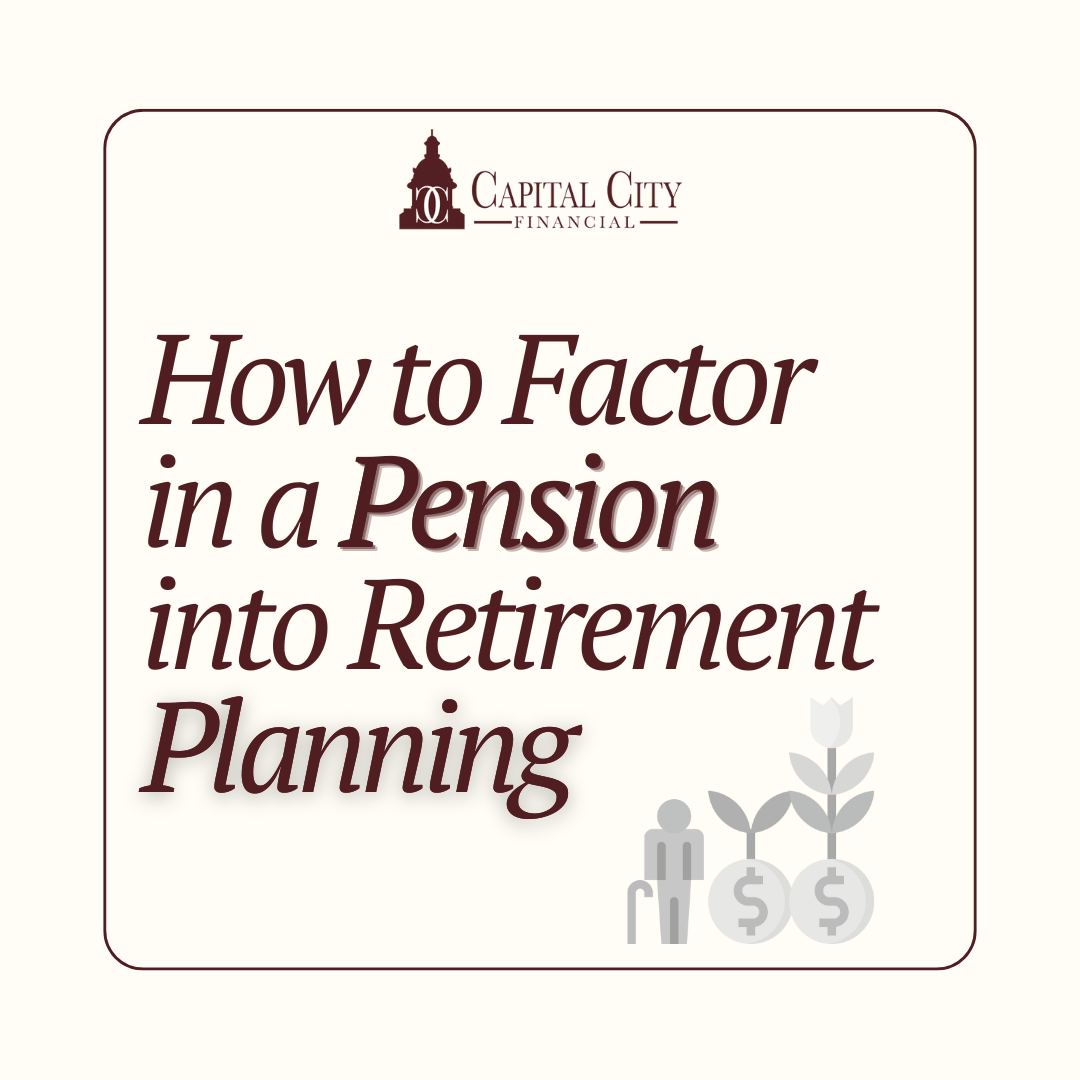How to Factor in a Pension into Retirement Savings
When it comes to planning for retirement, it’s important to consider all potential income sources. A pension could be a key part of your retirement savings strategy, offering a stable income during your golden years. In this article, we will explore How to Factor in a Pension into your Retirement Savings Plan. One key aspect of this is understanding how your pension works and the benefits it can provide. We’ll cover the different types of pensions and the options available to you.
Understanding Your Pension
First, it’s important to have a clear understanding of the type of pension you have—whether it’s a defined benefit (DB) plan, which generally guarantees a specific payout, or a defined contribution (DC) plan, like a 401(k), where the payout may depend on contributions and investment performance. Some employers might offer hybrid plans, combining elements of both types. Understanding your pension type could help determine how it fits into your retirement strategy.
Evaluating Retirement Savings Goals
Once you have an estimate of your pension income, it’s good to assess your retirement goals. This includes considering your desired lifestyle, potential healthcare costs, and other income sources, such as Social Security. Understanding any potential gaps between your expected income and anticipated expenses might help you determine how much additional savings you could need.
Impact of Your Pension on Your Retirement Plan
Your pension could play a significant role in shaping your overall retirement plan. If it covers most of your basic living expenses, you might consider focusing any additional savings on spending. However, if your pension is smaller, you might want to take a more conservative investment approach to ensure your savings last throughout retirement.
Common Mistakes to Avoid
Be mindful of inflation’s potential impact on your pension income, as they may not always keep up with rising living costs. It’s also important to consider the possible tax implications of your pension benefits, which can vary depending on the plan.
Seeking Professional Advice
It may be wise to
consult a financial advisor to fully understand your pension plan, optimize your strategy, and stay informed about any changes in pension laws. With guidance, you could avoid costly mistakes and make more informed decisions that better align with your long-term goals.


